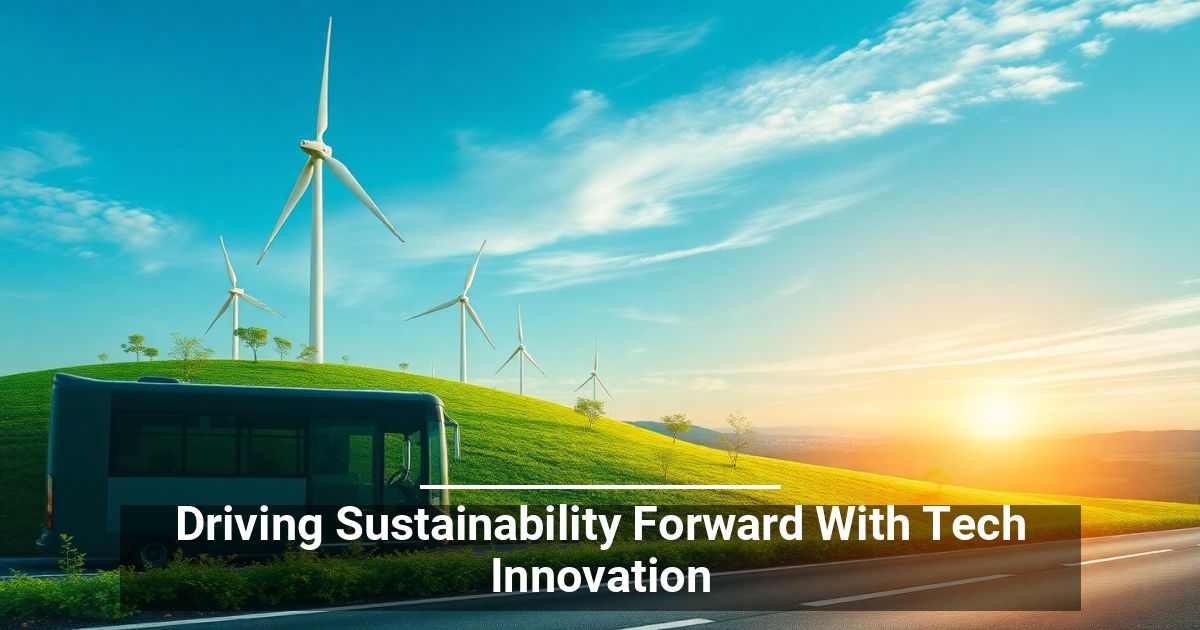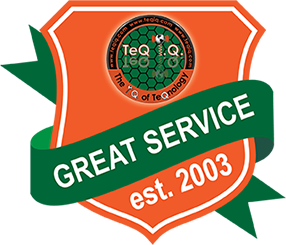"Share this Info and Help a Friend"

NEW: AI Mobile and Desk Phone Service!
"AI Summary & Call Recording Transcribed on your Mobile/Desk Phone and PC"
HUGE Feature: "Note Taker for All Your Calls with AI Assistant Summary"
Now you can Review All of Your Calls with TeQ I.Q. Phone Service!
"Like Sales and Support Calls with AI Summary and Call Recording Transcription"
Have your All Phone Numbers Make Calls/SMS/MMS on your Mobile/Desk Phone/PC.
https://www.teqiq.com/phone
How can your establishment continue to thrive while taking care of the planet? With shifting consumer expectations and environmental challenges, it's more important than ever to adapt. Learn more about sustainability through technology innovation here.
Why Should Businesses Transition to a Green Economy?
As the name suggests, a green economy prioritizes sustainable practices and reduces environmental impact while fostering economic growth. For businesses, this means adopting eco-friendly technologies and using resources efficiently.
When implemented properly, a green economic model brings many worthwhile advantages, including:
- Cost savings: Greener practices have a bad reputation for being expensive, but they often lead to long-term savings through energy efficiency.
- Brand loyalty: Today's consumers love businesses that care about the environment. Show you're part of the solution, and they will continue to support you while inspiring others to follow suit.
- Regulatory benefits: With entire governments backing sustainability, aligning your business with eco-friendly initiatives ensures compliance and keeps you ahead of evolving regulations effortlessly.
- Sustainable innovation: Adopting these practices early can pave the way for new market opportunities. It encourages creative thinking while addressing global challenges, allowing your company to stand out as an industry leader.
Technologies Driving the Green Transformation
More and more businesses across are leveraging modern tools for greener operations. See how these innovations are reshaping industries and possibilities:
Responsible Artificial Intelligence (AI)
AI is revolutionizing sustainability in more ways than one.
For example, predictive analytics optimizes energy use in factories to cut down on waste and emissions. Smart algorithms enable precision agriculture, conserving water and boosting crop yields. Retailers can use machine learning models to reduce overproduction by accurately forecasting demand.
AI-driven shipping routes may also reduce fuel consumption. These systems analyze weather and traffic patterns for efficient and timely deliveries.
Impact Measurement Tools
Big promises sound great, but without real outcomes, they're just noise. Gauging the effectiveness of new policies is critical to staying credible and driving sustainability through technology innovation. The following tools can help you track progress:
- Certification trackers for managing compliance with environmental standards
- Employee engagement tools that encourage participation in green initiatives
- Supplier evaluation platforms to guarantee sustainable sourcing
- Automated reporting dashboards for transparency
- Lifecycle Assessment (LCA) software
- Carbon footprint calculators
Carbon Reduction Technology
Expensive renewable energy integration isn't the only way to cut carbon emissions. Energy-efficient lighting, equipment upgrades, and advanced building insulation can make a big difference.
Cloud computing also plays a role in reducing emissions. By shifting to cloud-based systems, businesses can lower energy usage from on-site servers. It also paves the way for a remote workforce, which reduces office- and commute-related emissions.
Planning for a Greener and Profitable Tomorrow
Sustainability through technology innovation can come in various forms, from AI-driven digital solutions to IoT-enabled devices optimizing energy consumption. By gearing toward a green, circular economy sooner rather than later, you can position your company as an innovative, forward-thinking leader.



